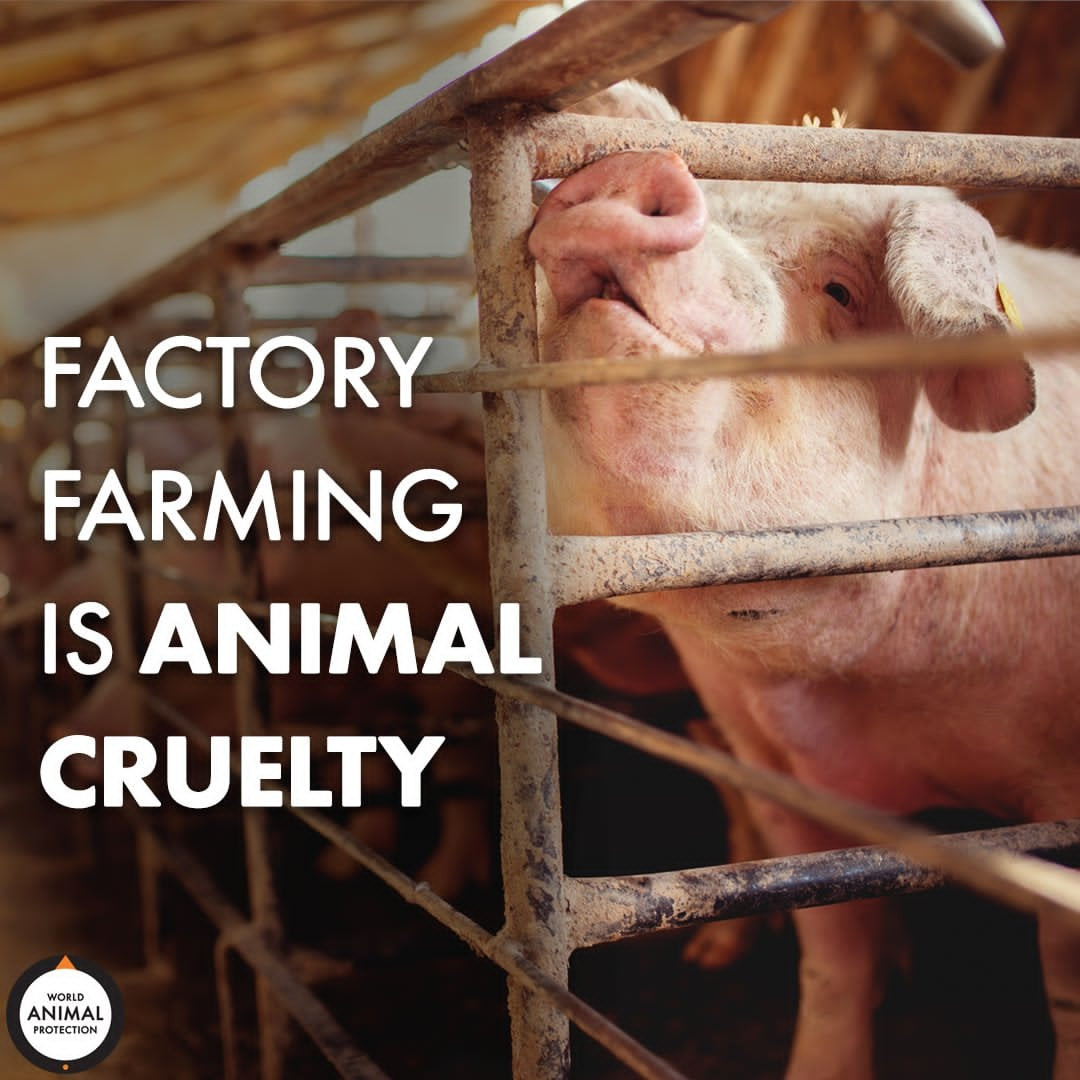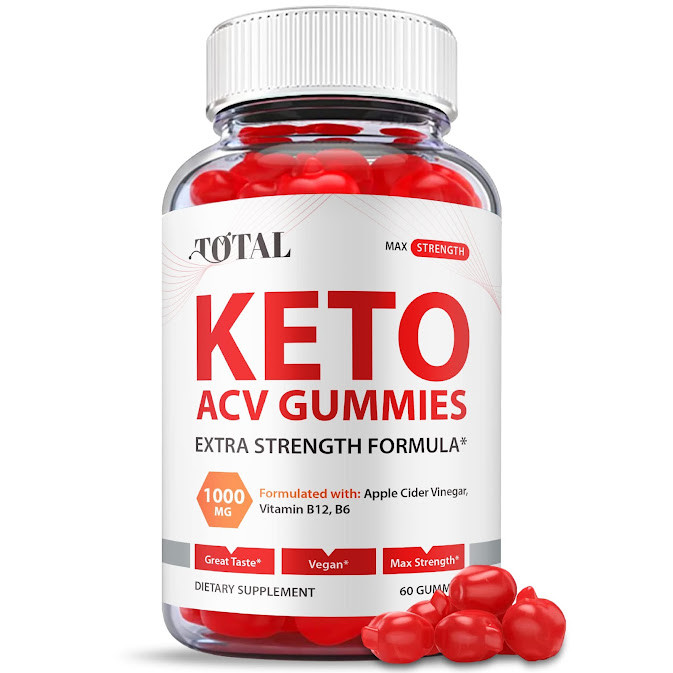In recent years, the demand for organic dairy products has surged as consumers become increasingly concerned about the quality and ethics of their food choices. However, behind the wholesome image of organic farming lies a dark reality that is often overlooked: organic dairy cruelty. Despite the perception that organic farming methods prioritize animal welfare, instances of cruelty and neglect still persist within the industry. This article aims to shed light on the issue of organic dairy cruelty and its implications for animal welfare and ethical consumption.
Organic dairy cruelty refers to the mistreatment and exploitation of dairy cows within organic farming systems. Despite the organic label's promise of higher welfare standards, organic dairy cows can still endure significant suffering throughout their lives. From the moment they are born, organic dairy cows may be subjected to confinement, overworking, and other forms of cruelty inherent in intensive farming practices.
One of the most distressing aspects of organic dairy cruelty is the routine separation of calves from their mothers shortly after birth. Organic dairy cruelty becomes evident in this heart-wrenching practice, which deprives both the calf and the mother of essential bonding and nurturing experiences. Despite the supposed emphasis on natural behaviors and animal welfare within organic farming, the separation of calves from their mothers remains a common practice aimed at maximizing milk production for human consumption.
Moreover, the intensive nature of organic dairy farming can exacerbate welfare issues for dairy cows. Organic dairy cruelty may manifest in overcrowded living conditions, restricted access to pasture, and inadequate veterinary care. Despite the absence of synthetic hormones and antibiotics in organic dairy production, dairy cows may still face health problems and stress due to the demands of milk production and management practices within organic farming systems.
The impact of organic dairy cruelty extends beyond the immediate welfare of dairy cows to encompass broader ethical and environmental concerns. The commodification of dairy cows for milk production perpetuates a culture of exploitation and disregard for their welfare, undermining the very principles of organic farming and ethical consumption.
Furthermore, the environmental footprint of organic dairy farming is significant, with large-scale operations producing vast amounts of waste and contributing to pollution and resource depletion. The intensive use of resources such as water, feed, and land further exacerbates environmental degradation and challenges the sustainability claims of organic dairy production.
Despite these challenges, there is growing recognition of the need to address organic dairy cruelty within the organic farming industry. Efforts to improve animal welfare standards and promote more ethical practices are underway, but more needs to be done to ensure that organic dairy truly lives up to its promise of humane and sustainable agriculture.
In conclusion, organic dairy cruelty is a sobering reality that cannot be ignored. By raising awareness about the mistreatment of dairy cows within organic farming systems and advocating for more ethical and sustainable practices, we can work towards a future where dairy cows are treated with compassion and respect, regardless of the farming methods used.








